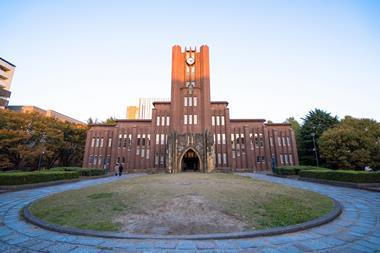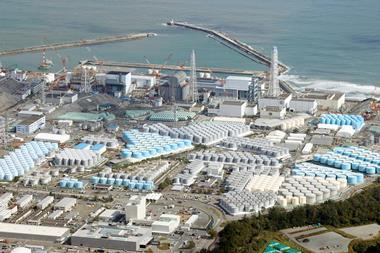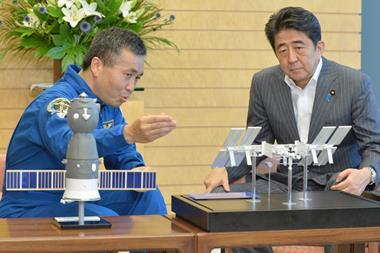The Japanese government is launching two new visa schemes targeting highly skilled foreign workers. The schemes will open in April and are designed to attract professionals including researchers and engineers, as well as graduates of highly ranked universities.
According to local media reports, Japan’s Ministry of Justice cited the ‘global competition for talent’ as it unveiled details of the two new schemes, known as J-Skip and J-Find.
Currently, skilled professional visas for Japan are awarded on a points-based system. The J-Skip visa will apply to researchers, engineers and those with business and management experience, and will allow them to skip the points system if they meet certain requirements.
To qualify, researchers and engineers must have an annual income of over ¥20 million (£120,000) and hold a master’s degree or 10 years’ work experience. Those working in business will qualify if they have an income over ¥40 million and five years’ professional experience. Holders of the J-Skip visa will be given preferential treatment in airports, with access granted to priority lanes usually reserved for diplomats.
This follows the announcement last year by the Japanese government of a substantial ¥10 trillion endowment fund to improve universities’ competitiveness on the global stage.
The J-Find visa will allow graduates from highly ranked universities to live in Japan for up to two years while they seek employment. The policy would only apply to graduates from universities appearing in the top 100 in at least two of the following listings: QS Top Universities, Times Higher Education’s World University Rankings and Shanghai Jiao Tong University’s Academic Ranking of World Universities.
The new policies will ease the barriers faced by foreign nationals as they search for jobs in Japan and will help employers to retain foreign workers, says Toshiyuki ‘Max’ Misu, an expert in scientific career pathways based at Hiroshima University.
However, Misu notes that one of the biggest challenges facing most foreign nationals in Japan is the language barrier. ‘While [the new visa policies] make it easier for foreign talents to engage in employment activities in Japan by allowing them to stay longer, some sort of support scheme for job seekers may be needed to overcome the language barrier,’ he says.
‘Another concern is that this new framework targets foreign nationals who have graduated from one of the top 100 universities in the world university rankings,’ adds Misu, who points to the debates around university league tables and whether these rankings truly reflect a university’s quality or any particular graduate’s talent. ‘It may not be relevant to limit [visas] to those graduating from the top 100 universities when a diverse and inclusive workforce is essential for innovation,’ he adds.
Science under threat
While the new visa schemes aim to bolster Japan’s scientific workforce, the government has recently faced criticism over a new plan that researchers believe will impinge on scientific freedom within the country.
Japan’s national science academy, the Science Council of Japan (SCJ), spoke out against the government proposal that it says will modify the selection process for SCJ members. In a strongly worded statement, the SCJ raised ‘grave concerns’ that the government’s plan ‘would place the national academy under political and administrative control or pressure’ and undermine its independence. The SCJ notes that such a situation would ‘challenge the autonomy of science and thus the democratic values in Japan, where democracy and freedom are its national fundamental values’.

















No comments yet